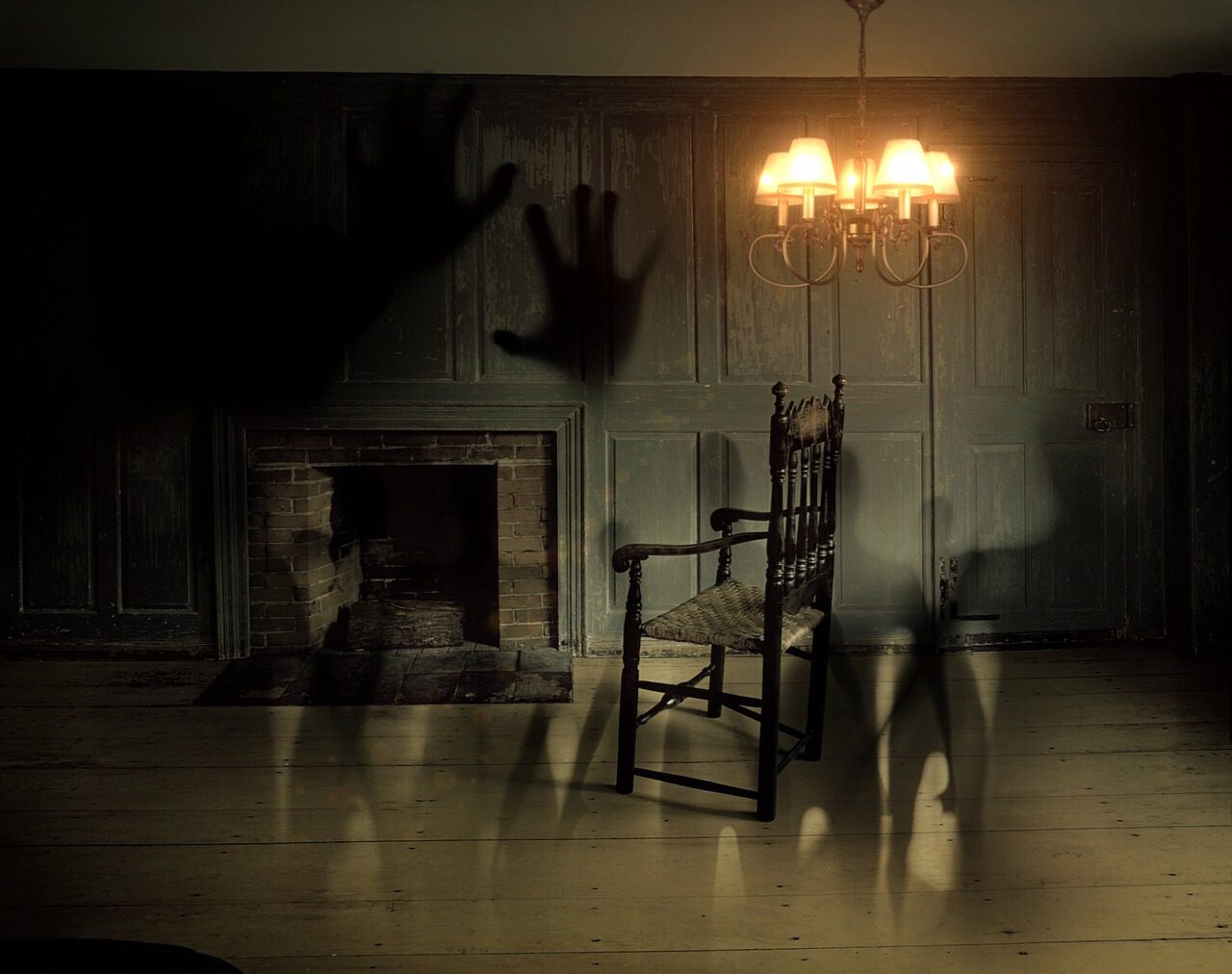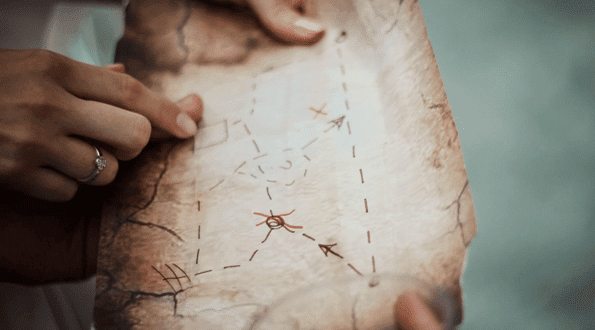I love locks.
I love locks.
There’s a war going on. It’s mostly invisible, the stakes aren’t high, the combatants are few, but that doesn’t matter! Today I will discuss my allegiance to an increasingly maligned core component of the room escape revolution.
Room escapes are evolving very quickly. When the industry began a few short years ago, the highest technology you might find in a cutting edge room was a laser pointer. Now, we’re seeing all sorts of advanced gadgetry and Hollywood-caliber set design from some of the larger players in the industry. Not all of this advancement is good or necessary, as I wrote in a previous blog post, but the general trend is, in my opinion, a very positive one for players.
Puzzle Break: Escape the Rubicon contains multiple locks.
An unfortunate side effect of the industry’s rapid growth in popularity and complexity is the rise of what I call the “Enthusiast Echo Chamber”. There are a handful of folks out there who:
-
Love room escapes, likely having experienced dozens and dozens.
-
Have extremely strong opinions about design as it pertains to them only.
-
Are unaware of the existence, or even the possibility of the existence of opinions/perspectives that aren’t their own, particularly those of completely new players.
For lack of a better term, I will label these folks “Comicbook-guy-enthusiasts” or CGEs. I want to be very clear that this group is hardly representative of the otherwise awesome core group of room escape superfans (without whom this industry wouldn’t exist), only a small subset.
Fun fact: Comic Book Guy’s real name is “Jeffrey Albertson”
CGEs tend to dominate online discussions about room escapes with their extremely vocal opinions. The net result is that there emerges a sort of “groupthink” about certain topics, labeling subjective choices “good” or “bad”. This is not a good thing, and I want to focus on a particular topic near and dear to my heart.
Go ahead, try and open me.
Somewhere in the past year, the basic (pad)lock has fallen out of favor with the CGE. And you know what? They have a point. There can indeed be correlation between a room having old fashioned locks and the room being a bad experience.
-
Basic locks are often a lazy designer’s tool. Don’t know how to craft an interesting experience flow? Can’t think of a way to gate progress interestingly? Throw some more locks at the player. This can get old.
-
Locks can be used in a very frustrating way. A very common (and enormously valid) complaint from lock haters comes from what I call a “lock orgy”. This is where the players currently have access to 27 locks, often many of the same type, and they solve a puzzle to receive a three digit code. Which lock does it go to? It’s hard to argue that trying a correct combination on 26 incorrect locks is fun.
-
Locks are low-tech. Some CGE folks won’t give rooms the time of day if there aren’t dozens of pieces of tech and gadgetry, no matter how faulty. I don’t subscribe to this argument one bit despite having put out arguably the most technically complex room escapes in existence. Low tech isn’t objectively good or bad, and shouldn’t be judged as such.
I stand before you today with a full-throated defense of the use of basic locks in the room escape experience. I love padlocks. I love combination locks. I love number locks. I love finding keys. I love word locks. I love ‘em all, can’t get enough of ‘em.
Used properly, locks in a room escape experience are amazing. That dopamine rush of gaining access to a previously forbidden container or space cannot be overstated. The tactile sensation of turning that key, of lifting that shackle. Mmm. Yes. As a player, I love entering a new room and seeing a bunch of juicy locks, waiting to be opened. As an owner, I’ve lost count of the number of times I’ve seen players explode with joy when they bust open a lock. And from a design perspective, granting that rush is fairly inexpensive. As long as their presence in the game flow makes logical sense, and a bad lock-orgy is avoided, locks are simply great. You’ll likely find locks of assorted variety (even the high tech kind) in most every Puzzle Break experience for years to come.
Basic locks might not be the coolest kid on the block anymore, but they bring the fun. And at the end of the day, that’s all that matters.
Tags:
Want to get blog updates ( and only blog updates )?
4 Comments




Leave a Reply
Recent posts






Cruise Taker’s Guide to Turks and Caicos: What to do on the Ship and on the Island









Lock Orgy! Love that term. I love locks and joy when I open one.
I played a game recently where they’d got rid of most locks and in the process decided to use a couple of tablets to gate progress. Awesome – technology for the win! Except the tablets were effectively just keypads which activated maglocks. The result? Where previously we’d have had, say, a four digit padlock, now we had a tablet which
(a) could go wrong (it did – because it got into airplane mode)
(b) didn’t make it clear how many buttons you had to press, so could be used for the 3, 4 and 5 digit codes. Yay for ambiguity!
(c) didn’t make it obvious when it had worked, so for the rest of the game we tried out every combination on it. Fun. Fun. fun.
I agree – locks aren’t inherently bad. They get a bad press because there’s a correlation between bad rooms and excessive lock use. Well placed, well maintained locks aren’t a problem at all.
I agree with everything you said here .. I also don’t get the full-on hate locks get from some selected enthusiast .. a room is not good or bad because of pad-locks. The experience counts, so yes, fully there with you 🙂
Thank you for sharing this beautiful and informative article.